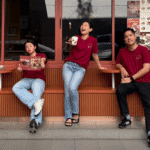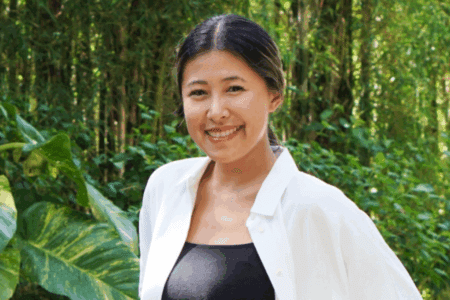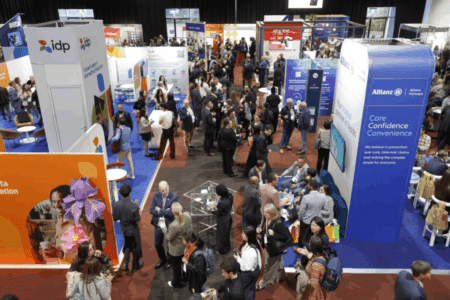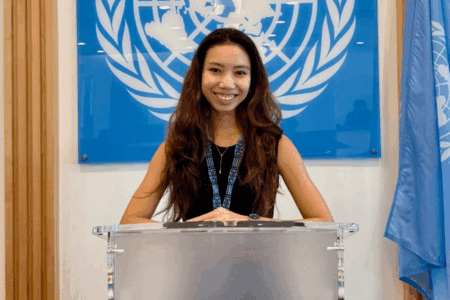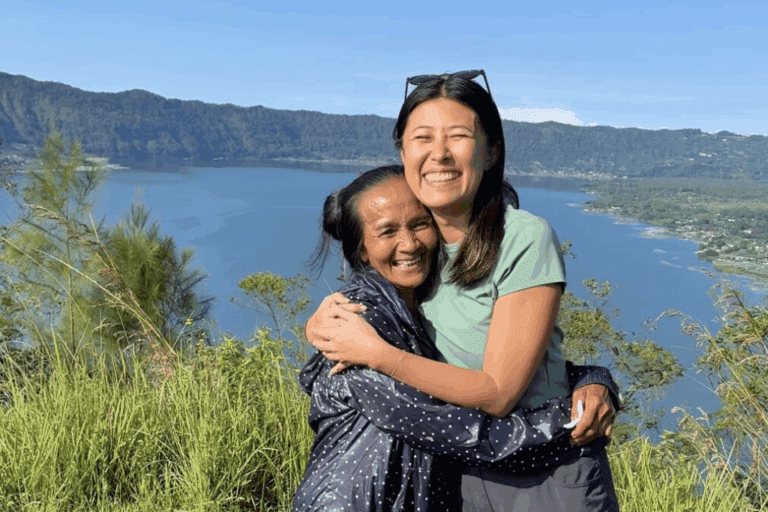
Getting paid to travel the world — hailing from Singapore, Gabriella Yan didn’t know this was possible. Much less the idea that she would one day be founding a sustainable travel startup in Bali of her own.
After studying hospitality and tourism management in Australia, though, Yan started to lay the foundation to just that. Fresh off graduating from the University of Queensland, she went on to event management roles in Brisbane then Melbourne.
In 2015, though, she took the bold step to move several thousand kilometres away to a country she’s never stepped foot in: China.
What it’s like to move from Singapore to Australia and China
“My mum’s actually from China,” Yan explains. “And growing up, I never really had the experience of living in China. And China has changed a lot in the 20 years while I was growing up.”
In search of her identity in her early 20s, she decided to go and experience the new, booming China herself.
It turned out to be a bigger culture shock for Yan than moving to Australia to study. This is despite her being part of the Chinese diaspora and fluent in the language.
“Living in China is like you’re living in an alternate reality in some sense because they have the firewall. Everyday things that you’re so used to for like 20 years of your life are just taken away,” she says.
Soon enough, Yan adapted. She connected with other young adults who also moved to China for personal reasons. She worked there from April 2015 to November 2016, at first as an events and Communications manager before diving into the hospitality industry as a sales and marketing manager in a hotel chain.
Ultimately, she had a great time there.
“I’ve learnt a lot from the Chinese people, especially when it comes to how hardworking they are and their whole hustle culture,” she says.
Yan believes her identity has been shaped by the experiences she’s had across the world, first in Australia, then in China.
“I don’t think professionally, I would be where I am today if I didn’t have the experience in China,” she says.
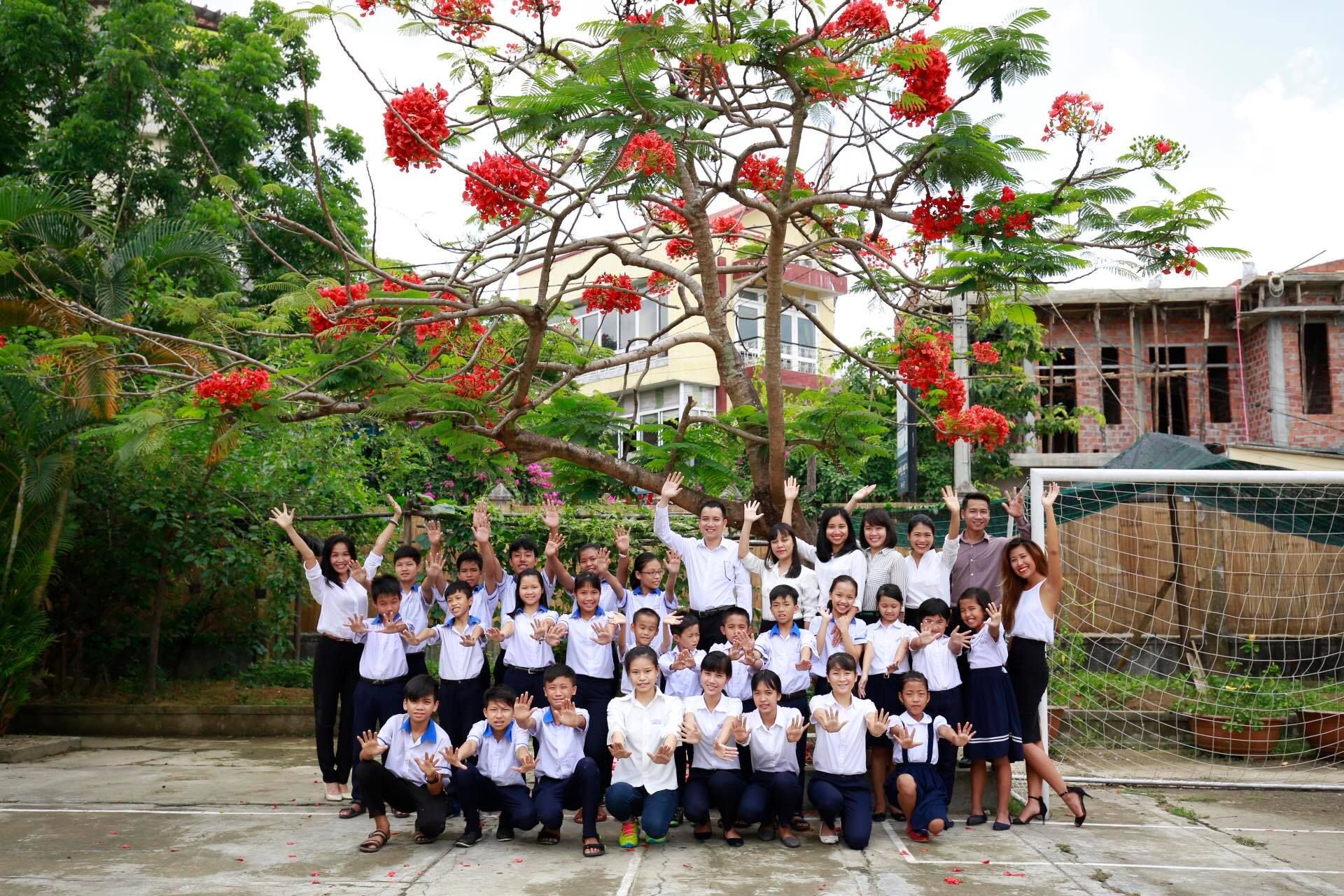
During a career break from 2016 to 2017, Yan also volunteered at a children’s shelter in Hue, Vietnam. Source: Gabriella Yan
Where a hospitality degree from Australia can take you
It was in Beijing’s hospitality scene that Yan first saw that she could build a career around travelling. From there, she got the opportunity to work in Vietnam and Bali, Indonesia.
But just two weeks after she landed in the latter, the world shut down due to the COVID-19 pandemic.
With no tourists in Bali, Yan’s job was put on hold. What she thought would be a two-month ordeal became a two-year event. Six months in, Yan began working remotely, with the hopes of still going back into hospitality.
By the time the second year came, though, Yan began embracing the freedom of remote work.
“I love hospitality. I really do. And I think I will always be a hospitality girl through and through. But, it’s just the comfort of waking up and not having to get ready for anything. You can just open your laptop and start work,” she muses. “And in the afternoon if I feel like it, I could go for Pilates, I can go surfing, and then I can still work.”
Having experienced that, it was hard for her to wrap her head around going back to a nine-to-five desk job. Yet, things were about to change once again.
In 2022, Yan was offered an opportunity to work at GOTOKOa joint venture between giants Gojek and Unilever, as Head of Workplace Experience.
“I took it and that’s why I stayed on. I didn’t really have the plan of staying in Indonesia actually,” she says.
But when such an intriguing opportunity comes knocking, you don’t say no. It felt serendipitous because the recruiters had just found Yan on LinkedIn, finding her profile interesting. The company was starting to transition into a hybrid working mode and believe that Yan and her hospitality experience could help with that transition.
“I just thought, wow, this is something that I’ve never done before and I’m always somebody who loves to challenge myself and try new things,” she says.
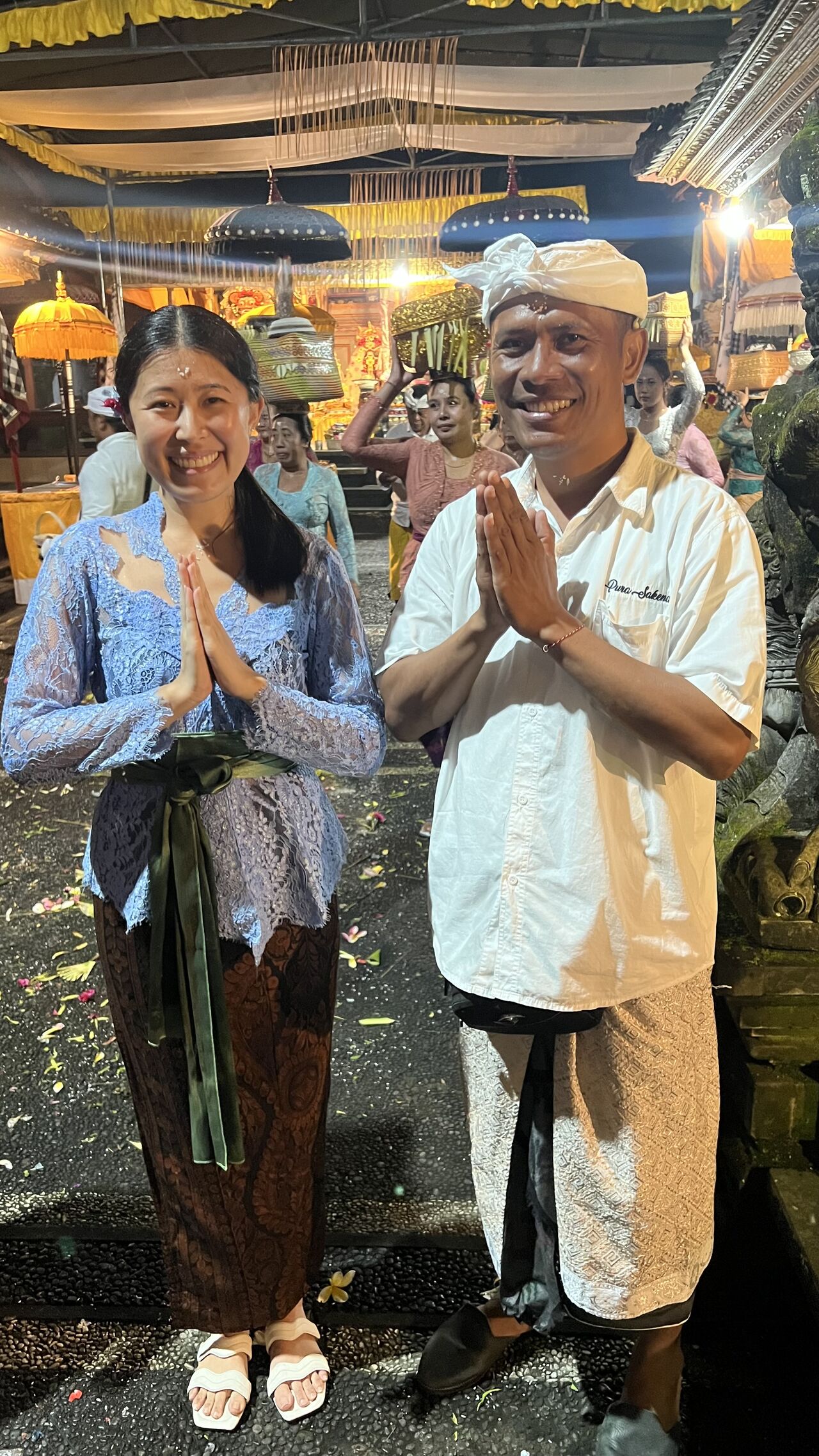
Yan participating at a local temple ceremony. Source: Gabriella Yan
Eat, pray, make Bali more sustainable
In 2023, Yan’s life pivoted once more – this time, down a familiar path.
Growing up in an Asian household, her family had staunch habits like turning off the lights whenever you left a room and reusing plastic bags. But that sense for sustainability was further expanded when Yan began working in hospitality.
“Even when I was working in a hotel, I was sort of championing the sustainability side of things. I wanted to change the plastic usage, so I went to look for the suppliers myself,” she says. “I’ve always been very sensitive about this, but I never had the opportunity to do something about it.”
That was about to change, though. Living in Bali, she witnessed firsthand how overtourism destroyed the island post-COVID.
“I have somewhat of an insider knowledge because I used to work in hotels,” she says. “So I understand what goes on in the backend. I used to be the one greenwashing, so I kind of know what to look out for.”
Sick and tired of just sitting around and hoping for things to get better, Yan decided to do something about it: founding her startup, TRAppe.
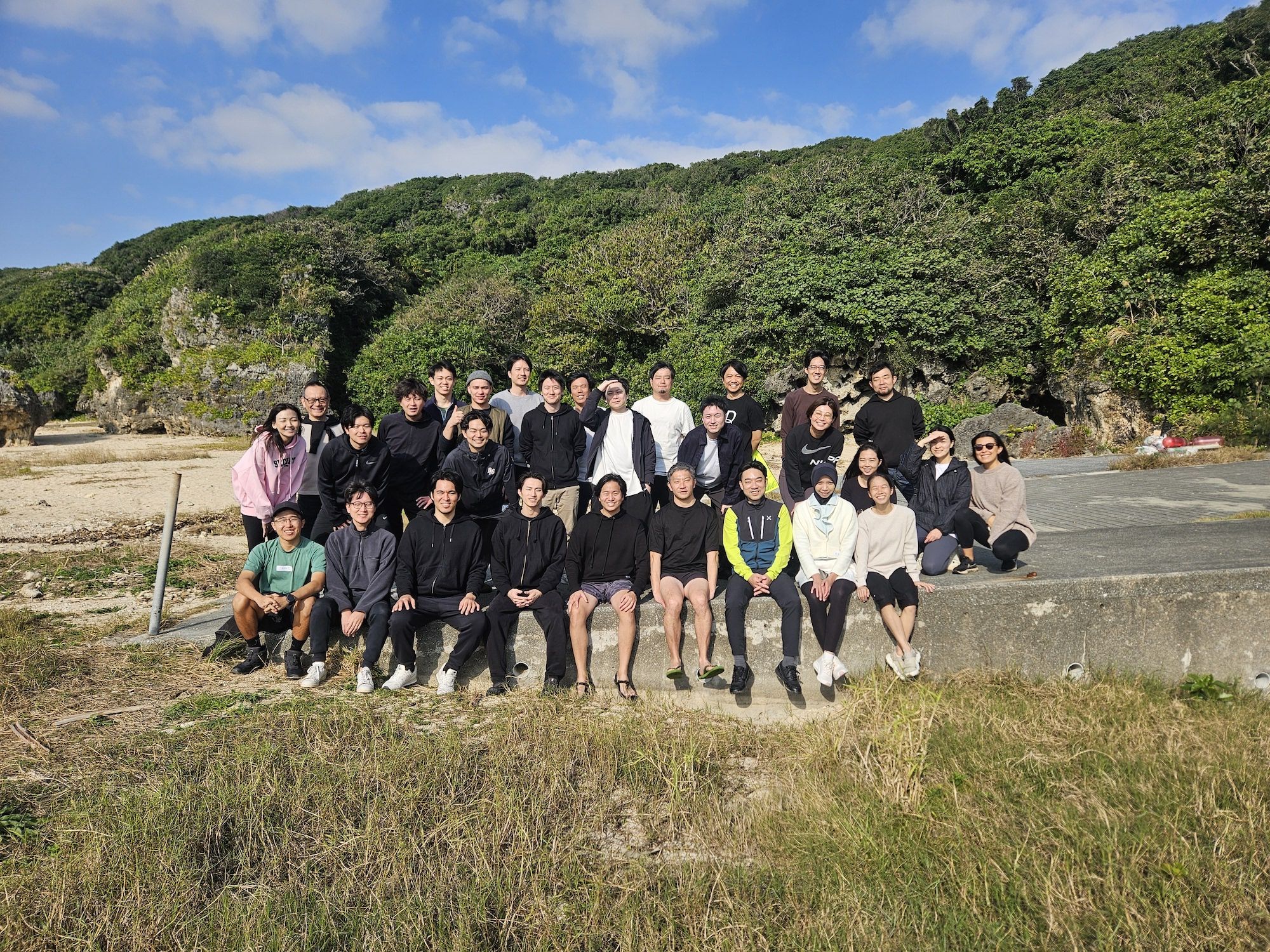
TRAppe has gotten funding from an undisclosed investor. Source: Gabriella Yan
Building a better travel platform
At first, TRAppe was envisioned as an app or website with only sustainable travel options for Bali.
“But somewhere along the way, I understood that you need to start small,” Yan says.
She scaled down into a guidebook with green travel options to see how people would react.
Thus far, and thankfully, they’ve been positive.
For now, TRAppe is monetising just on e-guide as well as through their newsletter. Booking platforms and online travel agencies (OTA) tend to take a huge commission from local operators, and Yan doesn’t want to perpetuate that practice.
“At least for me, I feel like that is one of the biggest problems when it comes to the tourism industry — the economic leakage that’s really going on in the industry whereby the local people are really not getting the tourism dollars they do deserve,” she says.
Yan shares that many of the local tour operators in Bali that they work with have been getting bookings from TRAppe, and for her, that is the most impactful and satisfactory part of the work.
“It’s even more meaningful that people are booking really big tour items with the local providers on TRAppe,” she says. “We’re talking about a five-day full tour with one of our local partners. That is a huge amount of income for them. A five-day tour could literally last them the entire month. So that kind of impact is really what I hope for with TRAppe.”







